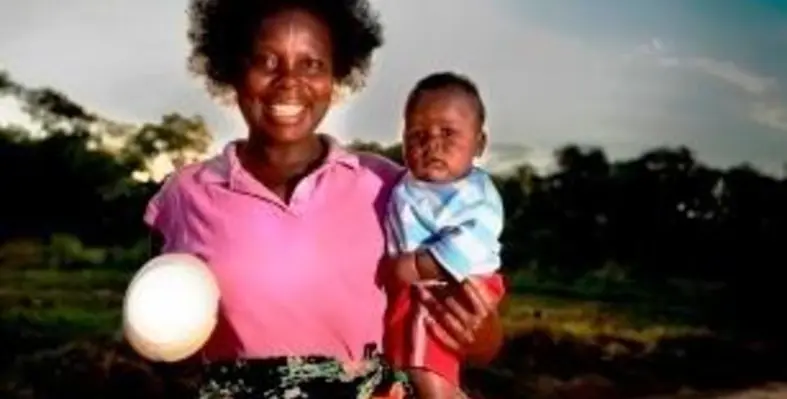Google has agreed to fund a US$650,000 two-year Randomised Control Trial study (RCT) into the impact of solar lights on poverty alleviation in Africa
SolarAid, who won a Google Global Impact Award in June 2013, has been distributing solar lights in rural parts of Africa. Google will fund its large-scale research project for pico-solar lights, providing information for the charity, as well as the wider off-grid lighting sector.
Pico-solar lights provide clean, safe light for families living without electricity in rural communities, as well as increasing productivity for businesses by providing light that can extend the length of the working day.
SolarAid established its impact and research department in 2012 in order to provide evidence to fuel discussions with governments, policy-makers and practitioners.
"We've now got a great deal of quality data that helps showcase the impact of our work, but despite being such an important field, there is not a lot of empirical evidence out there on the links between solar lighting and poverty alleviation," said Kat Harrison, director of research and impact at SolarAid. "This hinders our, and the sector's, ability to advise on policy, make recommendations to governments and to fully explain just what an impact a pico-solar light can have."
Jacquelline Fuller, director of Google.org, said, "Research is an incredibly powerful tool in the fight against poverty. SolarAid has committed to rigorously assessing its programmes and openly sharing their findings to make sure they're making a big impact in people's lives.
SolarAid's social enterprise SunnyMoney is the largest distributor of solar lights in Africa.












